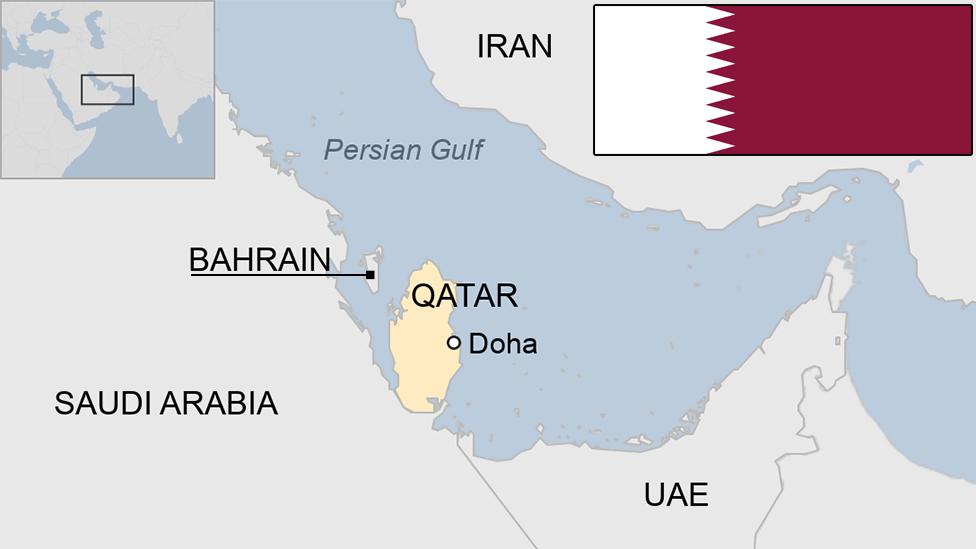
The launch forms a key part of the Third Financial Sector Strategic Plan, which the QCB issued in November 2023 and which is intended to position the country as a leader in innovation, efficiency and investor protection within its financial markets. The Strategy emphasises four pillars — banking and insurance, digital financial services, capital markets and regulatory oversight — alongside five cross-cutting themes such as governance, Islamic finance, sustainability and talent development.
The new app comes at a time when digital payments, fintech start-ups and open banking initiatives are gathering pace in the Qatari market, bolstered by the national aim to build a knowledge-based economy under the Qatar National Vision 2030.
According to QCB’s announcement on its social-media channels, the application enables users to browse reports, key indicators, strategic plans and other publications instantly, helping bridge the gap between the regulator and market participants. The app also includes tools oriented towards transparency and public engagement, reflecting the regulator’s push to drive innovation while maintaining oversight.
Industry observers note that the move reinforces the broader shift towards digital finance in Qatar. A recent analysis of the fintech and digital banking landscape highlighted that more than 50 fintech firms have graduated through the country’s regulatory sandbox and that mobile-first interactions are expected to dominate banking activity in the near term. This digital pivot is underpinned by the central bank’s guidelines and licensing frameworks for digital banks, as well as open banking and tokenisation initiatives.
Traditional banks in Qatar have already responded by launching enhanced mobile banking platforms, QR-code payment options and other digital services. The QCB app is seen as complementary to those offerings by serving as a central channel for official data, regulatory updates and strategic communications rather than a transactional banking platform.
Some challenges remain. Regulatory dualism — with the Qatar Financial Centre Regulatory Authority overseeing the free-zone financial market and the QCB regulating the domestic banking system — imposes complexity for fintech firms operating across jurisdictions. Data-localisation rules and stringent anti-money-laundering requirements also increase the compliance burden for startups. However, the regulator is promoting growth by offering regulatory sandboxes, supporting Islamic fintech innovation and developing a modern payments infrastructure.
The timing of the app launch also coincides with increasing adoption of mobile wallets and instant payments among consumers and businesses in Qatar. Prior payments data indicate a strong upward trend in QR-code-based payments, wallet-to-wallet transfers and diversified financial inclusion efforts targeting non-citizens and small-businesses alike. The QCB app sits within this ecosystem as part of the regulatory infrastructure supporting digital transformation.
Governance and transparency are emphasised in the strategic framework underpinning the launch. The Third Financial Sector Strategic Plan spells out 68 initiatives and 29 priority action items, including goals such as expanding digital payments, offering savings and investment products for expatriates, and developing wealth-management services for premium customers. The launch of a mobile app by the central bank signals a commitment to deliver on regulatory transparency and stakeholder accessibility.
Topics
Live News
